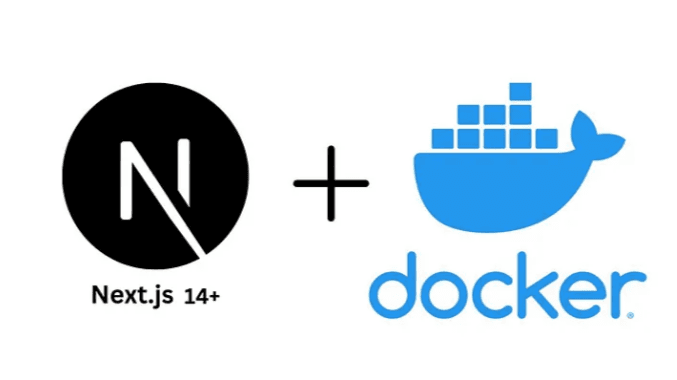Creating a Docker Dev Container for a NextJS App
A practical DevOps example using Docker for testing a NextJS Web App

Introduction
This blog is built with Next.js. I'll share how I test changes in my blog before publishing them on Vercel. By using Docker, I can spin up a test environment anywhere without risking issues caused by platform differences.
The project doesn't have all the code under a /src folder, which makes some configuration look a bit messy. I'll definitely organize this differently in future projects.
This topic of this post may look similar to the name of the Devcontainers project, I have to make clear that this post is not using this project. I might look at the Devcontainers project further up the road, it has a lot of cool automation stuff built around containers for development.
Building the Docker Image
We'll start by dockerizing the development environment with a Dockerfile. To avoid unnecessary bloat, we'll use a Node Docker image running on an Alpine Linux distribution, which only takes up around 5MB of space.
dev.Dockerfile
FROM node:22-alpine
WORKDIR /app
# For caching optimization, copy files in stages. This stage builds the dev dependancies
COPY package*.json .
RUN npm ci
# Let's copy the rest of the code and config
COPY . .
#Execute the NextJS Dev Environment
CMD [ "npm", "run", "dev" ]Docker Compose
The container will run the image from the Dockerfile with the following configuration:
docker-compose.dev.yaml
services:
app:
container_name: app
build:
context: .
dockerfile: dev.Dockerfile
ports:
- "3000:3000"
environment:
NODE_ENV: development
# Volumes for the Dev Server to detect code changes
volumes:
- ./app:/app/app
- ./lib:/app/lib
- ./assets:/app/assets
- ./content:/app/content
- ./config:/app/config
- ./public:/app/public
- ./styles:/app/styles
- ./components:/app/componentsFiles and folder to be ignored in the container
Some files and folders are not needed in the container. For example, ./node_modules will be generated by the following two lines from the dev.Dockerfile:
COPY package*.json .
RUN npm ci
.dockerignore
.git
*Dockerfile*
*docker-compose*
node_modules
README.md
.next
npm-debug.log
Running the container
The command below will spin up the Dev Container:
docker compose -f docker-compose.dev.yaml upSummary
We have now containerized the development environment of a static web app. We don't really need custom file names like dev.Dockerfile and docker-compose.dev.yaml, but I chose to use them to prepare for creating a production container. My blog is currently running on Vercel, but if I decide to move to a VPS, I'll prepare a production container and share it in the future. I'll also create a staging environment if I make significant changes to the code, to ensure everything builds properly.